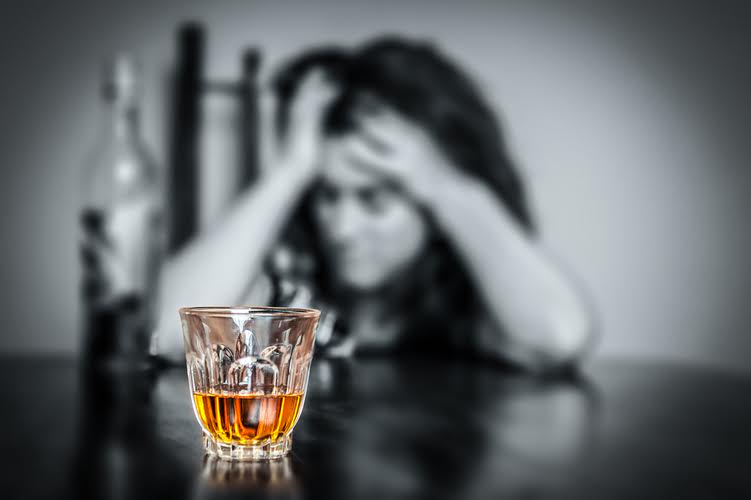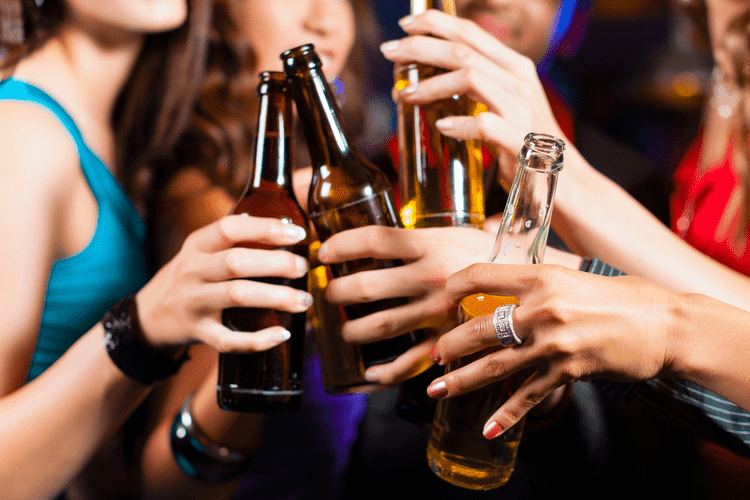For many people who drink moderately, falling asleep more quickly may seem like an advantage of a nightly glass of wine. But alcohol goes on to affect the entire night of sleep to come. It’s true, sleep may happen more quickly after consuming a drink or two. Alcohol often does reduce sleep onset latency—the time it takes to fall asleep. Depending on how much alcohol is consumed, however, what seems like falling asleep may be something closer to passing out. And we quickly build a tolerance for the sedative effects of alcohol, which means you may need to drink more to have the same initial sleep-inducing effects.
Sleep Stages
Insomnia is a sleep disorder in which people have difficulty falling asleep and staying asleep. Individuals may be able to fall asleep but wake up throughout the night, or they’ll have difficulty falling asleep in the first place. Unfortunately, insomnia can lead to daytime sleepiness and other health issues. The study, which followed over 13,000 participants, found that people who regularly drink alcohol are more likely to experience poor sleep quality compared to those who don’t. What’s particularly interesting is that this relationship works in one direction — drinking leads to poor sleep, but poor sleep doesn’t necessarily lead to more drinking.
Health Essentials Episodes
The transition from risky behaviours to bad habits and ultimately addiction is worryingly common. One contributory factor could be the effect of poor sleep on neurocognitive functioning. It’s also worth remembering that alcohol isn’t solely responsible for disrupted sleep. That said, if you’re drinking half a bottle of Scotch before bed then it will, of course, disturb your sleep. Just as alcohol affects all of us in different ways — and at different stages — there’s no set rule for how it will affect your sleep.
Alcohol and Sleep: What You Need to Know
The stages of sleep repeat multiple times throughout the night, with each cycle lasting for about 90 minutes. Therefore, you’ll likely go through a minimum of four cycles each night if you sleep eight hours. Alcohol before bed suppresses REM sleep for at least one or two cycles. It’s a sedative or depressant that affects how and when you sleep.
- While you’re sleeping, your liver continues to metabolize alcohol at the same rate as when you’re awake.
- Alcohol’s relationship with sleep onset is complex and often misleading.
- The body first processes the alcohol and then the metabolic byproducts, along with any other ingredients in the beverage, such as sugar.
- In this type of sleep apnea, the upper airway closes while you are asleep.
- We will walk you through common questions and misconceptions about alcohol and sleep and break down what alcohol does to the sleeping body at each sleep stage.
I think it leads to so much fragmentation, and when our brain is waking up recurrently during the night, we then have to descend back into sleep and we do that through the light stages of non-REM. And so we normally will not immediately go into REM sleep and wake up and go back into REM sleep. Normally we’ll have to transition through those lighter stages of non-REM sleep. So like some sleep disorders, for example sleep apnea and maybe other medications, use of alcohol is going to keep us chronically in those lighter stages so we can’t achieve REM.

Remember, the key lies in moderation and creating a zen-like atmosphere to enjoy your drink. During this stage, your eyes stop moving and your body temperature drops to prepare you for deeper sleep. Alcohol has been shown to consolidate the first half of your sleep and lead to more disruptions in the latter half of the night, which can change how much time you ultimately spend in this stage. Just because alcohol has a sedative effect doesn’t mean you’ll get better sleep, though. Research has shown that drinking messes with sleep cycles and leads to frequent awakenings in the night and early morning. As we’ve explored throughout this article, the relationship between alcohol and sleep is far more complex than it might initially appear.
The Science Behind Alcohol and Drowsiness
So people who chronically drink tend to become chronically sleep-deprived, and maybe chronically stressed. The more you drink, the greater the disruption to your sleep cycle. It’s also crucial to consider potential interactions between alcohol and medications. Many common medications can interact with alcohol, potentially leading to adverse effects or reduced efficacy alcoholism treatment of the medication.

- These compounds can have sedative effects, potentially enhancing the sleep-inducing properties of the drink.
- Each stage is necessary for sleep to feel refreshing and for vital processes like learning and memory consolidation to occur.
- I think it leads to so much fragmentation, and when our brain is waking up recurrently during the night, we then have to descend back into sleep and we do that through the light stages of non-REM.
Sleep disruptions of any kind can make you feel more tired the following day. Disturbed REM sleep can also lead to impairments in the consolidation of memories, cognitive function and how you regulate your emotions. When you consume alcohol before bedtime, REM sleep typically pays the price. If you’ve ever had a drink or two and fallen asleep only to does liquor help you sleep wake up at 2 or 3 a.m., there’s also a reason for that.
